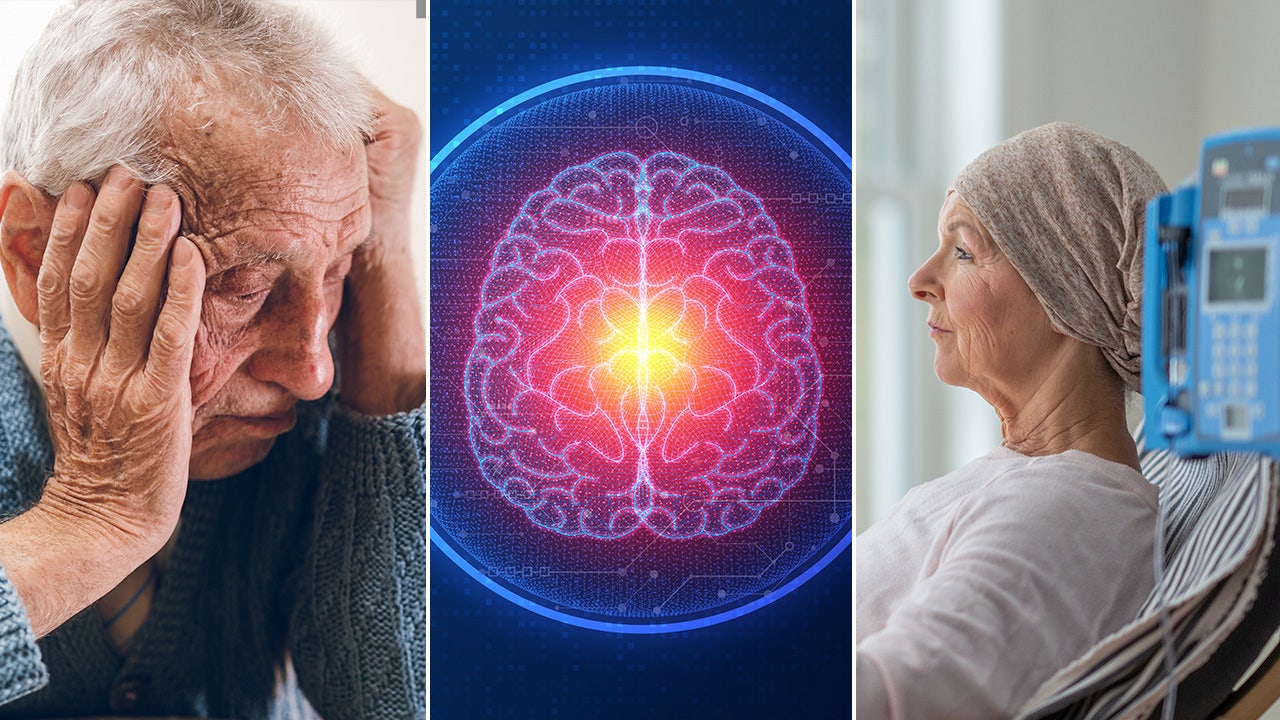Groundbreaking Advances in Alzheimer’s, Cancer, and ALS Research
In a transformative year for medical science, researchers have unveiled significant breakthroughs in the fight against Alzheimer’s disease, cancer, and amyotrophic lateral sclerosis (ALS). These advancements, reported in 2023, include novel therapies targeting disease mechanisms, early detection tools, and personalized treatments—offering renewed hope to millions of patients and families worldwide. Here’s what you need to know about these life-changing developments.
Alzheimer’s Research: Targeting the Root Causes
Scientists have made unprecedented strides in understanding and treating Alzheimer’s disease, with two landmark studies capturing global attention. First, the FDA-approved drug lecanemab has demonstrated a 27% reduction in cognitive decline by clearing amyloid plaques—a hallmark of Alzheimer’s—in early-stage patients. Meanwhile, researchers at Stanford University identified a protein, TOM1, that regulates toxic inflammation in brain cells, opening doors for anti-inflammatory therapies.
“This is the first time we’ve seen a therapy not just manage symptoms but actively slow disease progression,” says Dr. Rebecca Langley, a neurologist at Johns Hopkins University. “The next challenge is early intervention, as these treatments work best before significant damage occurs.”
Key statistics underscore the urgency:
- Over 6 million Americans live with Alzheimer’s, a number projected to double by 2050
- Early detection blood tests now achieve 90% accuracy in trials, up from 60% five years ago
Cancer Research: Personalized Vaccines and AI-Driven Therapies
Oncology has entered a new era with the success of mRNA-based personalized cancer vaccines. In clinical trials for melanoma, Moderna’s vaccine reduced recurrence risk by 44% when combined with immunotherapy. Similarly, CRISPR gene-editing has shown promise in treating aggressive cancers like glioblastoma, with one trial reporting tumor shrinkage in 50% of participants.
Artificial intelligence is also revolutionizing diagnostics. A Harvard-developed AI model can now predict pancreatic cancer—one of the deadliest forms—up to three years before symptoms appear, with 88% accuracy. “We’re shifting from reactive to predictive medicine,” explains Dr. Ethan Torres, an oncologist at Memorial Sloan Kettering. “These tools allow us to intercept cancer before it gains momentum.”
ALS Breakthroughs: Slowing Progression and Restoring Function
For ALS (Lou Gehrig’s disease), 2023 has brought two game-changers: The FDA fast-tracked a new drug, tofersen, which slows progression in patients with SOD1 gene mutations by 60%. Simultaneously, a Swiss team achieved the first functional recovery in mice using stem cells to regenerate motor neurons—a milestone once deemed impossible.
Patient advocacy groups emphasize the human impact. “For families facing ALS, even a six-month delay in symptom progression means more cherished moments,” notes Sarah Chen of the ALS Association. Roughly 5,000 people are diagnosed with ALS annually in the U.S., with most surviving just 2-5 years post-diagnosis.
Ethical Considerations and Accessibility Challenges
While these advances inspire optimism, experts caution about equitable access. Gene therapies and personalized vaccines often exceed $500,000 per treatment, raising concerns about healthcare disparities. “Science moves fast, but systems to deliver breakthroughs fairly move slowly,” observes health economist Dr. Priya Nair. Policy discussions now focus on Medicare coverage expansions and international patent sharing.
The Road Ahead: What Patients Should Watch For
The coming years will see:
- Phase 3 trials for Alzheimer’s blood tests (expected by 2025)
- Expanded cancer vaccine trials to breast and lung cancers
- ALS stem cell therapies entering human trials in 2024
Patients are encouraged to consult specialists about clinical trial eligibility and stay informed through reputable sources like the National Institutes of Health. As research accelerates, collaboration between scientists, policymakers, and patient communities will determine how quickly these lab breakthroughs translate into real-world healing.
For the latest updates on clinical trials or to support research funding, visit the Alzheimer’s Association, American Cancer Society, or ALS Therapy Development Institute websites.
See more WebMD Network



